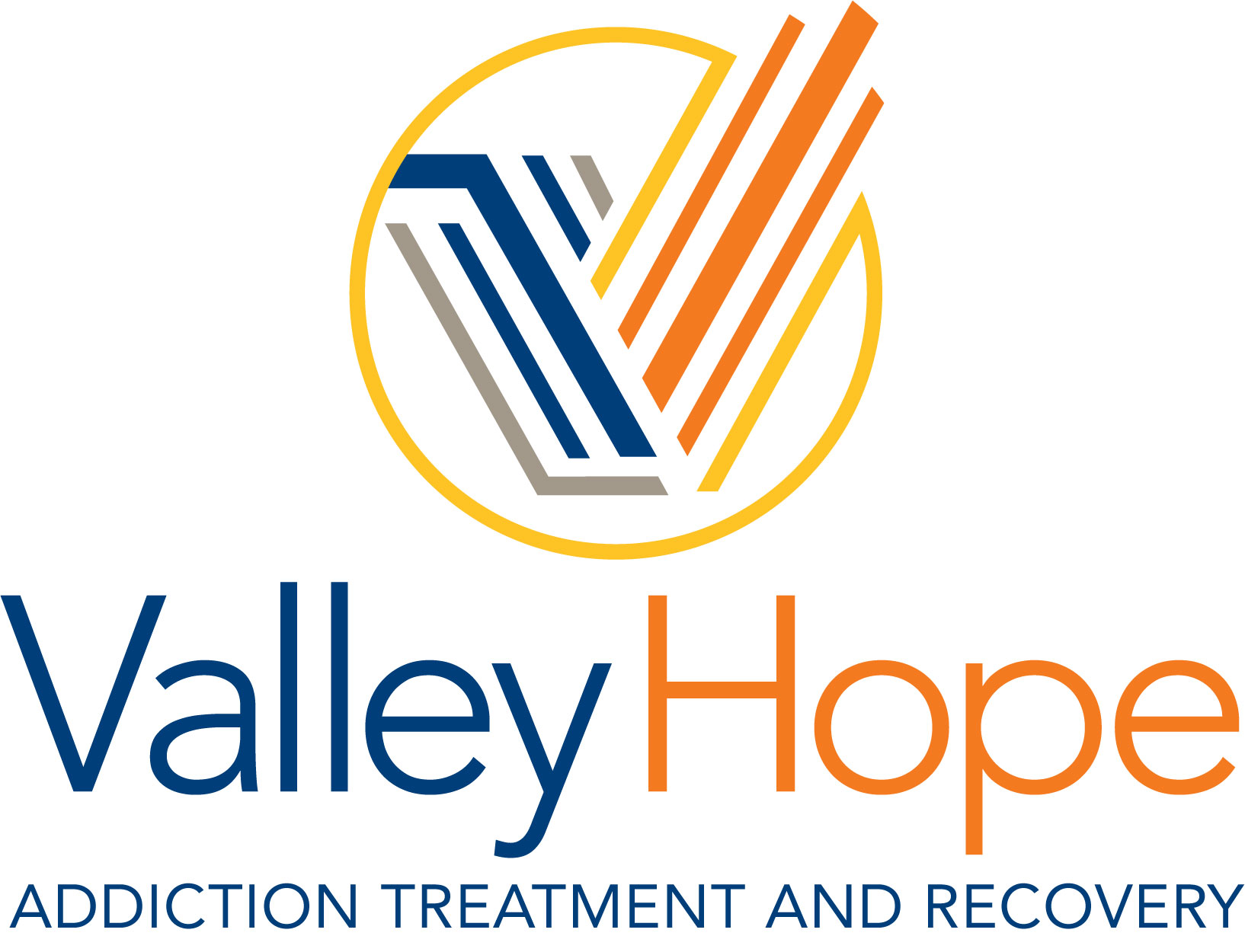Recovery Is More Than Sobriety
Recovery from addiction is a lifelong journey that goes far beyond abstaining from drugs or alcohol. It involves rebuilding your life, managing emotions, and healing both physically and mentally. One of the most important aspects of this journey is learning healthy coping strategies, especially when it comes to managing mental health challenges.
At Valley Hope, we understand that mental health plays a crucial role in sustainable recovery. Whether you’re coping with anxiety, depression, trauma, or stress, having the right tools in your toolbox makes all the difference. Learn more about our recovery support resources.
The Link Between Mental Health and Addiction
Mental health and addiction are closely intertwined. Many individuals turn to substances to cope with emotional pain, trauma, or untreated mental illness. In recovery, these mental health issues may resurface, making it essential to develop strategies to manage them effectively.
Without healthy coping skills, there’s a greater risk of relapse. That’s why addressing mental health is a core component of Valley Hope’s integrated treatment approach.
Why Healthy Coping Strategies Matter in Recovery
Recovery often brings up a flood of emotions — some new, others long buried. When the numbing effects of substances are gone, people in recovery must learn to:
- Cope with stress without using
- Process painful emotions
- Build new relationships
- Navigate daily life challenges
Healthy coping mechanisms help individuals avoid falling back into destructive patterns. They also promote emotional resilience, build self-awareness, and empower individuals to handle setbacks without self-destructing.
Keys to Building Recovery Resilience:
1. Build a Strong Support Network
One of the most powerful tools in recovery is connection. Surrounding yourself with people who understand your journey can offer emotional relief, practical advice, and a sense of belonging.
Strategies:
- Attend 12-step meetings like AA or NA
- Join group therapy or alumni programs
- Stay connected with your Valley Hope support team
- Lean on trusted family and friends
Support systems can help you feel grounded when your mental health feels shaky.
Take a deep dive into building your Recovery Support Community.
2. Practice Mindfulness and Meditation
Mindfulness practices like meditation can significantly reduce anxiety, depression, and cravings. By focusing on the present moment, you can quiet racing thoughts and better regulate your emotions.
Try this:
- Guided meditations using apps like Calm or Headspace
- Breathing exercises during stressful moments
- Mindful walking or eating
- Journaling your thoughts without judgment
3. Develop a Consistent Routine
Recovery thrives on structure. Having a daily routine helps you stay focused, reduce stress, and promote stability.
Routine ideas:
- Set regular sleep and wake times
- Create a weekly meal and exercise schedule
- Plan daily time for recovery work (like journaling or meetings)
- Balance productivity with self-care
Even small routines — like making your bed each morning — can instill a sense of control and normalcy.
4. Engage in Physical Activity
Exercise isn’t just good for your body—it’s one of the best natural remedies for mental health. It releases endorphins, improves sleep, and reduces symptoms of depression and anxiety.
Consider:
- Walking or hiking in nature
- Yoga or stretching routines
- Group fitness classes or sports
- Swimming or biking
5. Limit Triggers and Create Safe Environments
Avoiding people, places, and situations that trigger cravings or anxiety is a vital part of relapse prevention. But this also includes emotional triggers, like high-stress conversations or overwhelming workloads.
Tips:
- Identify your personal triggers and write them down
- Set healthy boundaries with people who may not support your recovery
- Keep your home calm, clean, and substance-free
- Use grounding techniques to stay centered during tough moments
6. Seek Professional Mental Health Support
No one should face mental health struggles alone. Working with a therapist or psychiatrist can provide deeper healing, especially for those managing conditions like PTSD, bipolar disorder, or chronic anxiety.
7. Practice Gratitude
Recognizing how far you’ve come in your recovery can be incredibly motivating. Practicing gratitude can help keep you on a healthy path and focus on what truly matters.
Practices to try:
- Keep a gratitude journal
- Write letters to your future self
- Celebrate milestones with sober friends
- Reflect on lessons learned during tough days
Gratitude shifts your mindset from what’s lacking to what’s possible.
You’re Not Alone: Help and Support Are Always Available
Mental health challenges are part of the recovery journey for many, and having the right coping strategies makes it possible to thrive in sobriety.
At Valley Hope, we’re here to support you with the tools, guidance, and compassion you need to heal — inside and out. Through customized treatment plans, expert staff, and a focus on the whole person, we help individuals move beyond addiction into a life filled with purpose and possibility.
Begin the life you deserve with a simple, confidential phone call and discover what is possible!









